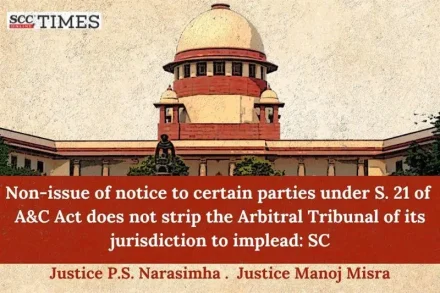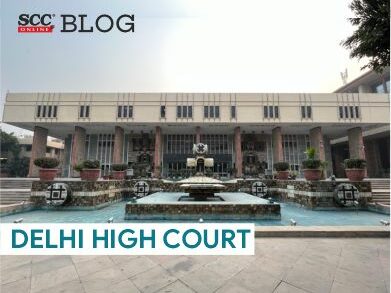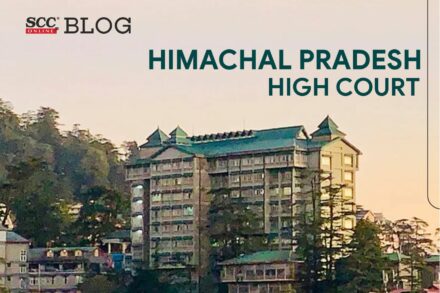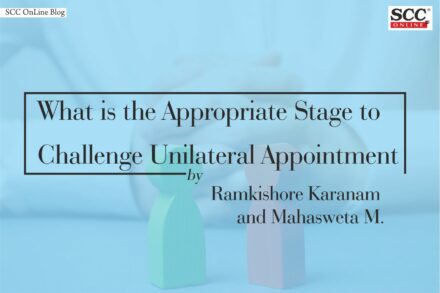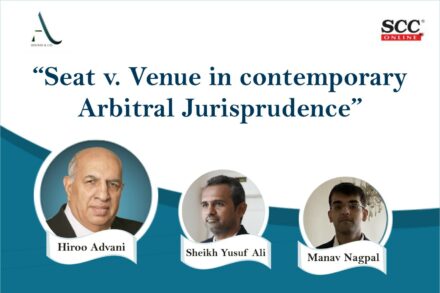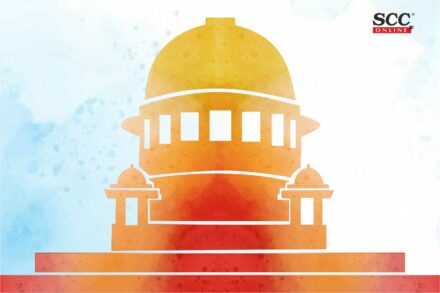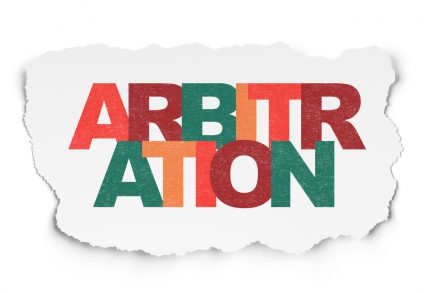
Objections under S. 47 CPC not allowed in enforcement proceedings of arbitral award, allowing such objection undermines S.34 A&C Act: Delhi HC
“The provisions of CPC are only applicable to the extent of ‘enforcement’ of an award which are reflected in Order 21 of CPC. The legislature did not intend to permit a challenge an award during enforcement proceedings again on merits as it would be contrary to the objectives of the A&C Act which aims to ensure finality and limited judicial interference.”



